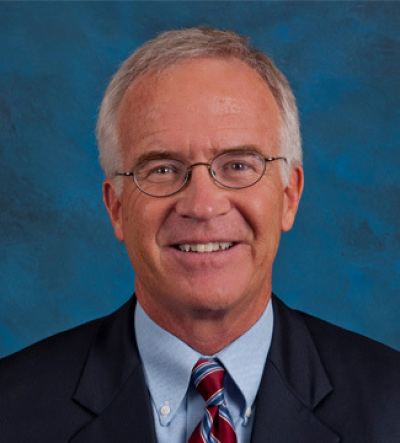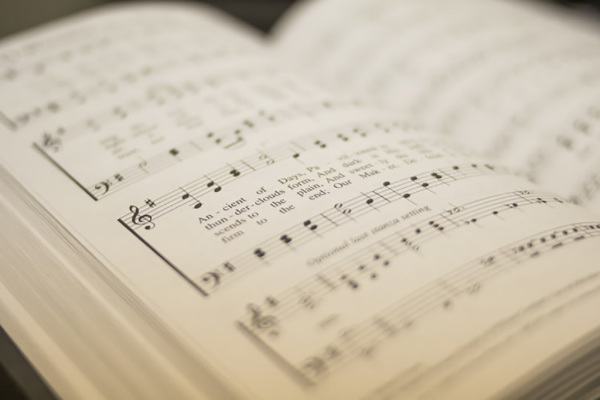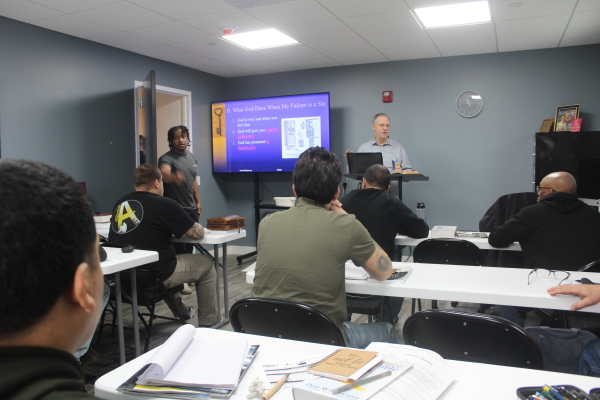Evangelicals and secularists on abortion, Covid and death

I live in a very secular town and for 40 years have been part of America’s very secular legal academy. During that time, I also have been an evangelical and active in evangelical churches. I travel pretty comfortably in both circles, but at times I am puzzled by the reactions of each group to different issues. Most recently, I have been trying to understand their differing responses to Covid and abortion. Many evangelicals are pro-life on abortion, not on Covid. Secularists generally are pro-life on Covid, not on abortion. (Compare Source and Source). These differences were brought home to me recently by several images when my wife and I drove from the heavily secular Charlottesville, Virginia, to the heavily evangelical Waco, Texas.
As for Covid, in Charlottesville people wear masks in restaurants, crowds, and stores. Someone without a mask is likely to be shouted into compliance. That all changed as we drove south. From Tennessee through Texas, we seldom saw a mask. The Texas attitude is illustrated by the experience of a friend who came to Texas on a business trip. He offered his elbow to a business contact in a friendly, somewhat socially-distanced manner. The Texan smiled and drawled, “We don’t do that around here,” and warmly offered his hand. My friend conceded (and excused himself shortly thereafter to wash his hands).
As for abortion, on the way out of Charlottesville, we drove past a conveniently located abortion clinic (where someone had placed a sadly ironic “Black Lives Matter” sign). In Waco, one of the largest billboards in town recently pictured a woman crying and read: “’Lamento mi aborto.’ Por favor considere una adopción.” When we visited Waco, the local Planned Parenthood Clinic was closed.
These attitudes toward death have consequences in both law and public policy. In recent years, heavily evangelical states (Mississippi, Georgia, South Carolina, Alabama, and Louisiana) have passed restrictive abortion laws, while heavily secular states (New York and Virginia) have passed pro-abortion laws. On the Covid front, heavily evangelical states have been less inclined to impose restrictions than heavily secular states. Evangelical schools and schools in heavily evangelical areas have been significantly more likely to remain open during Covid than secular/public schools. (Compare Source and Source).
Why are evangelicals and secularists each internally divided on abortion and Covid? Why is each group so vehemently pro-life on one issue and not-so-much on the other?
The divisiveness of current American politics may be a partial explanation. Many people want to know what the other side of the culture divide thinks so they can oppose it. Masks have become a symbol for a broad range of cultural and political issues.
Other explanations are rooted in the moral values and cultural situation of each group.
First, evangelicals. Evangelicals (and most theists) believe that humans are created in the image of God. (Gen. 1:26-27). The imago dei begins at the earliest stages of life, before a child is recognizably human. In the poetic language of the Psalmist, God “knit me together in my mother’s wound.” (Ps. 139:13). The life of the least of these from the earliest moments is worthy of protection.
But why does this concern with life not carry over to anti-Covid practices? I think there are a couple of possibilities. First, evangelicals generally do not trust experts and elites. This is partially theological — evangelical churches are the least hierarchical churches; they take “the priesthood of all believers” seriously on all sorts of issues. Evangelicals have become particularly suspicious of public officials. Many of the media, legal, and political elites who push restrictions on Covid are the same people who push pro-abortion measures. They cannot be trusted. And governors in predominantly secular states used Covid as an opportunity to impose greater restrictions on churches than bars, restaurants, and movie theaters (until they were rebuffed by the US Supreme Court).
In addition, whereas evangelicals believe that the unborn child should have the opportunity to live, they may be more comfortable than secularists with the risk of death to themselves and other people. Many work in blue-collar jobs where they are regularly exposed to risk; Covid is just one more risk. In addition, evangelicals believe in life after death--life in this world does not have to be grasped tightly. “For me, to live is Christ and to die is gain.” (Phil. 1:21) Some see disregard of Covid precautions as a matter of trusting God who will keep them safe from deadly diseases. (Ps. 91:3)
My argument to evangelicals is that reasonable safety precautions are one of the means God uses to protect us from deadly diseases. “A prudent man sees danger and takes refuge, but the simple keep going and suffer for it.” (Pr. 22:3; 27:12) Moreover, whatever we may feel about risk to ourselves, recognition of the image of God in others should lead us to take anti-Covid measures. In analogous situations, the Mosaic Law required the Israelites to take reasonable steps to protect their neighbors — to pen the goring ox (Ex. 21:29) and to build a railing around their roofs, that they would not have “bloodguilt” on their house (Dt. 22:8). Wear a mask and get the shot unless you fall into an at risk category. If you doubt the advice of media and political elites, ask the doctor or nurse in your church for advice. It is true that vaccines carry risks. As I write, the Johnson & Johnson vaccine has been pulled because of a less than one in a million chance of serious blood clotting, but that is far less than the risk of death if one does not get a vaccine. We should take anti-Covid measures are a matter of wisdom, of love of neighbor, and love of God’s image in our neighbor.
And, secularists. The strongest source of moral values for secularists is shared, to varying levels, by all people. It is empathy — I identify with other people and when they hurt, I hurt. I should take anti-Covid measures, not only out of fear that I might get Covid, but so I won’t expose other people to risk. Empathy moves us to fight Covid because we can imagine ourselves in the place of those who have suffered and died from Covid, and in the place of their family and friends. Those in the media and elsewhere who want to generate support for anti-Covid measures wisely generate empathy — they show and tell compelling stories of Covid victims.
But why doesn’t empathy cause secularists to oppose abortion? The strength of empathy as a source of moral action is that it is grounded in one’s identification with another person. The more I identify with a person, the more I feel their pain and the greater stake I have in stopping their pain. But the strength of empathy as a source of moral action is also its weakness. The less I identify with another person, the less I am concerned with their pain. Growth in empathy requires moral imagination. This affects abortion practice and policy in a couple of respects. It is easier to empathize with a woman who looks a lot like me than an unborn child during the first few weeks after conception, who doesn’t look like much of anything. My sense of identity with and empathy toward the unborn child grow in the next few weeks as she grows to look like me. Opposition to abortion grows in the later stages of pregnancy, but the child’s moral significance is present from the beginning. Those who seek to generate opposition to abortion want people to see sonograms of the child, as the brain, heart, face, hands, and feet develop in the womb.
My argument to secularists is that empathy should push us to be concerned for the unborn. Growth in moral sensitivity is a matter of coming to identify with a broader range of people, including people who are quite different from me. We need moral imagination. In just a few weeks, this little person will be a lot like you and me. The challenges of a pregnancy are great and it is right to empathize with the mother and to seek to address the challenges she faces, but loss of life is surely the greater loss. Moreover, if we are uncertain when life begins, we should protect life. As with Covid, when there is risk of death, we should err on the side of caution. It may be that this unborn child is a person.
For both my evangelical friends and my secular friends, my hope is that we will choose life. We should broaden our sense of empathy to include those quite different from us and those we may never see. Whether life as a gift of God or a gift of forces we cannot imagine, it should be treasured. We may not know whether we will harm our neighbor and we many not know when life begins, but we should err on the side of life.
Robert F. Cochran, Jr. is the Louis Brandeis Professor Emeritus at Pepperdine University School of Law. He has published over 60 articles and 10 books, including Christian Perspectives on Legal Thought (Yale University Press) and Law and the Bible (InterVarsity Press, 2013) (with David VanDrunen) and Agape, Justice, and Law (Cambridge University Press (with Zachary Calo).





















